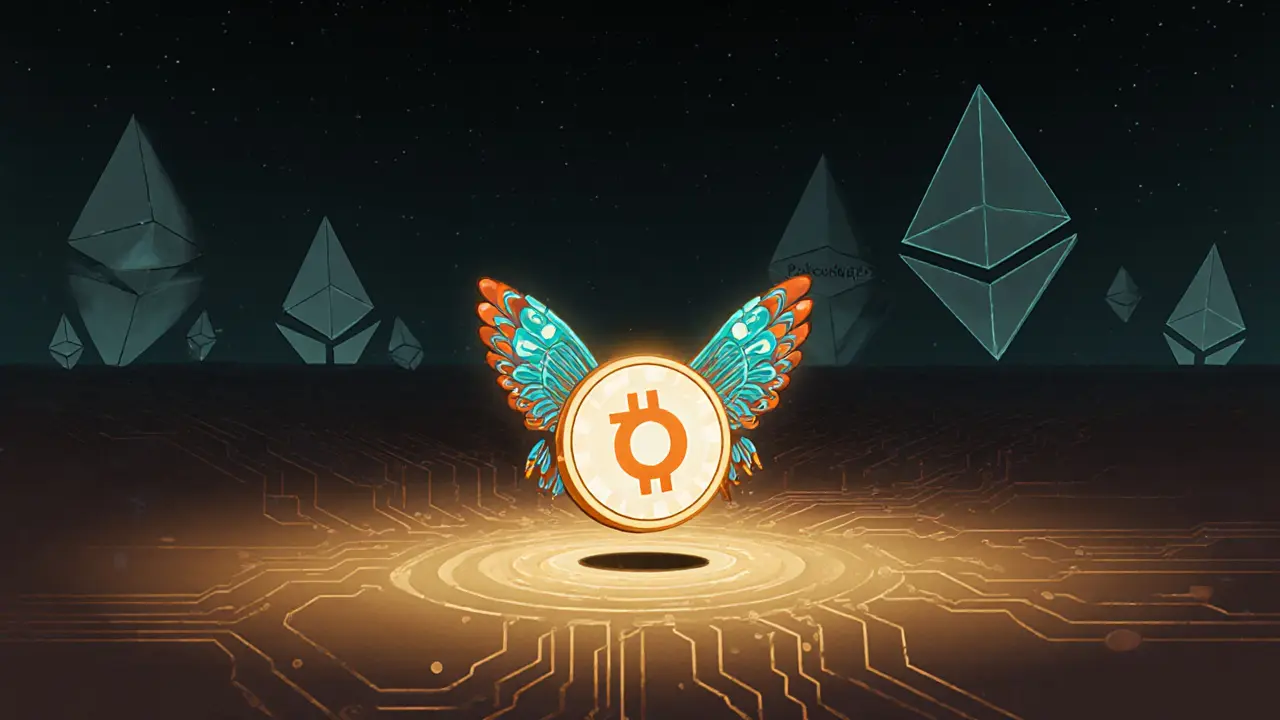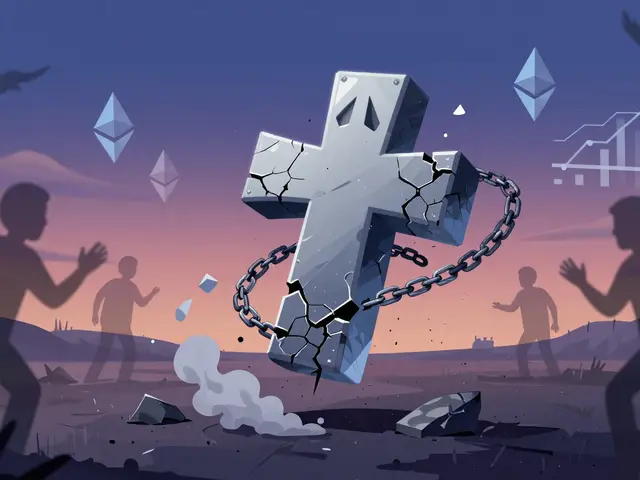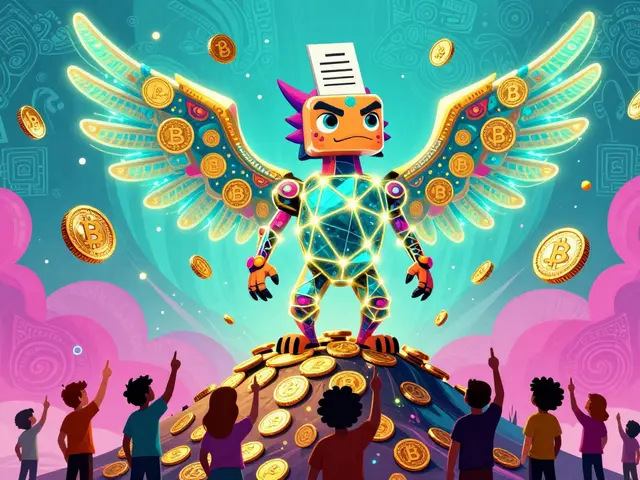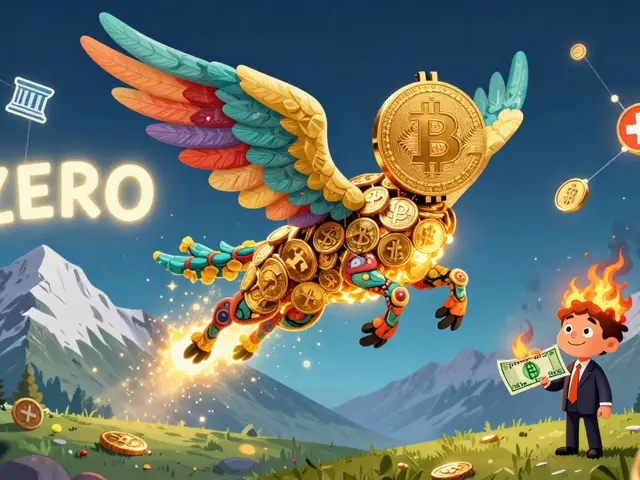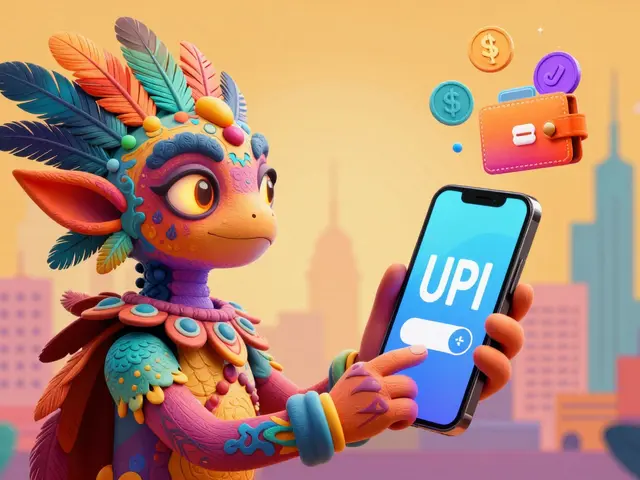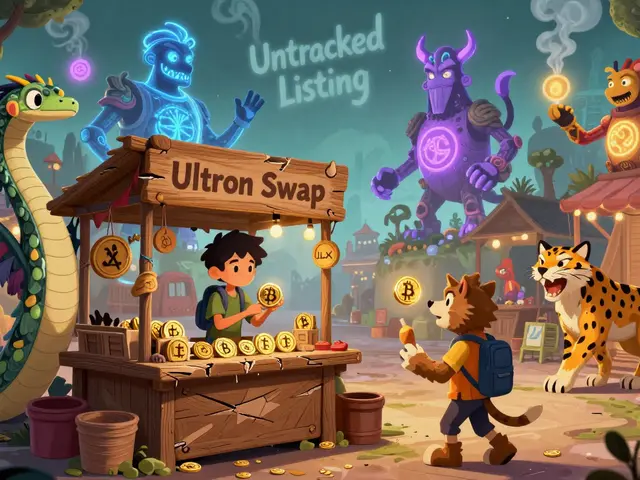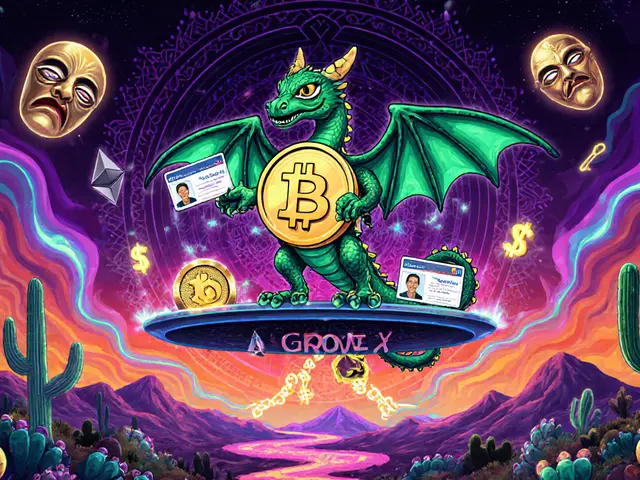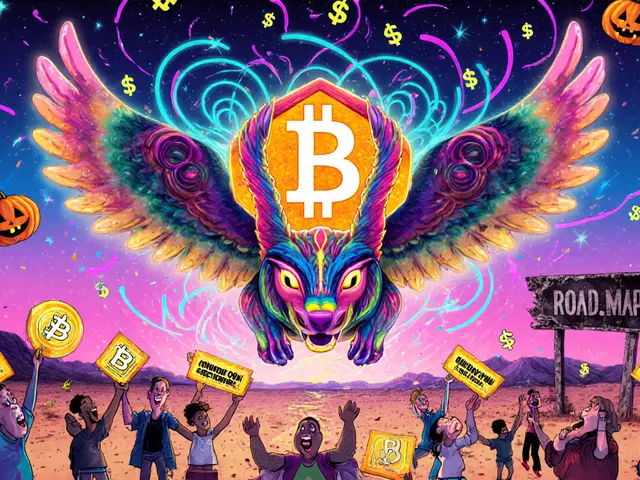OpenSwap DEX: What It Is, How It Works, and Why It Matters in 2025
When you trade crypto without a middleman, you're using a decentralized exchange, a blockchain-based platform that lets users swap tokens directly from their wallets without surrendering control of their funds. Also known as a DEX, it’s the backbone of self-custody trading — and OpenSwap DEX is one of the quieter players trying to make it faster and cheaper. Unlike centralized exchanges that hold your coins, OpenSwap DEX lets you trade directly from your wallet. No sign-up. No KYC. No third-party custody. Just smart contracts doing the work.
OpenSwap DEX isn’t just another Uniswap clone. It’s built with a focus on low slippage and cross-chain efficiency, especially for smaller tokens that get ignored by bigger DEXs. It works on networks like Ethereum, BSC, and Polygon, letting you move between chains without wrapping or bridging manually. That’s a big deal if you’re swapping lesser-known tokens like $BSL or $FLY — projects you’ll find mentioned in other posts here — because most DEXs don’t list them at all. OpenSwap DEX fills that gap by letting anyone add liquidity and trade obscure assets with minimal friction.
But here’s the catch: being open doesn’t mean it’s popular. OpenSwap DEX has low volume compared to giants like Uniswap or PancakeSwap. That means wider spreads and less price stability. If you’re trading $100 of a token, you might be fine. If you’re moving $10,000, you’re risking big slippage. Still, for users who value privacy, control, and access to niche tokens, it’s one of the few DEXs that doesn’t gatekeep. It’s not for everyone — but if you’re tired of exchanges that ban your favorite micro-cap coin, OpenSwap DEX might be your last resort.
What you’ll find in this collection are real reviews of DEXs like OpenSwap DEX — not hype, not marketing. Posts like the review of KyberSwap Classic (Avalanche) and Huckleberry DEX show how different platforms handle liquidity, fees, and token support. You’ll also see what happens when a DEX dies — like Wannaswap — and how some, like Ardor DEX, survive by serving tiny ecosystems nobody else cares about. This isn’t about chasing the biggest name. It’s about finding the right tool for the job, even if that job is trading a token no one else will touch.
